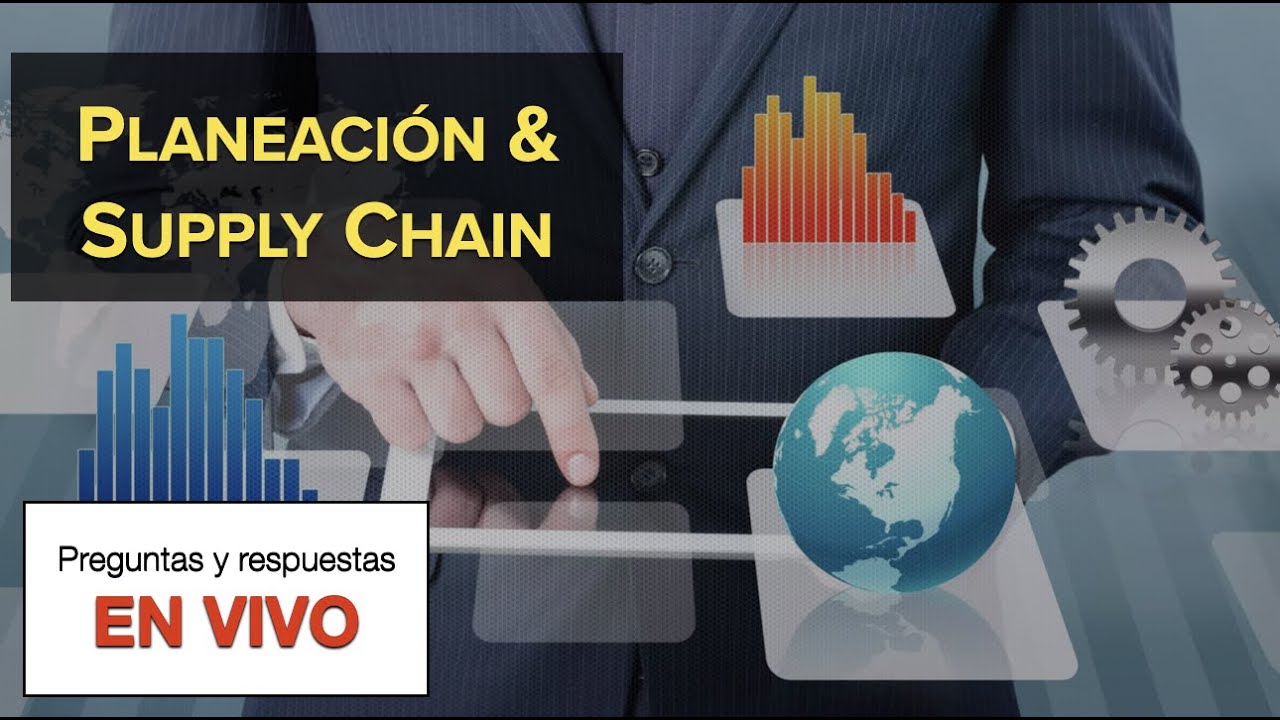How the Current Crisis Will Change Retail Supply Chains Forever
Summary
TLDR霍华德·梅特纳,卡尔·马克思顾问公司的董事总经理,讨论了零售供应链如何应对即将到来的假日高峰。他指出,尽管存在短缺,但大型零售商通过提前进口商品和投资自己的船只和进口设施,已经做好了更充分的准备。梅特纳建议零售商专注于他们能控制的事情,比如提高销售量和利润率,而不是担心他们无法控制的供应链问题。他预测,这个假期季节将会不同,但对于那些使用人工智能和预测技术来优化库存的零售商来说,将是一个成功的增长期。此外,梅特纳强调,零售商需要重新思考他们的供应链管理策略,以应对未来可能出现的类似挑战。
Takeaways
- 📈 **零售供应链面临挑战**:当前零售供应链在应对假日高峰时将面临短缺问题,这是由于供应链问题已被广泛报道。
- 🛍️ **零售商的应对策略**:零售商应专注于他们能控制的事项,比如库存管理和价格策略,而不是他们无法控制的供应链问题。
- 🚢 **大型零售商的优势**:大型零售商由于拥有自己的运输工具和进口渠道,可能在供应链连续性方面表现更好。
- 📦 **库存和销售策略**:零售商可能需要通过提前进货和调整价格来应对库存短缺,同时利用人工智能和预测技术来优化库存管理。
- 🎉 **假日购物季的变化**:预计今年的假日购物季将有所不同,零售商和消费者都需要适应新的购物模式和可能的折扣变化。
- 📱 **消费者行为的调整**:消费者可能需要调整他们的期望,比如对于快速配送服务的期待,因为物流公司已经无法保证特定时间的配送。
- 🤖 **技术投资的重要性**:投资于技术和物流管理是零售商应对当前挑战和未来不确定性的关键。
- 🌐 **供应链管理的重新思考**:零售商需要重新思考他们的供应链管理,可能包括国内采购的替代方案和更分散的采购来源。
- ⏰ **快速适应的必要性**:零售商需要快速适应市场变化,就像疫情初期那样迅速转向线上销售和路边取货等新模式。
- 💰 **资金和资本的重要性**:为了实现必要的改变,零售商可能需要更多的营运资本,这可能会对一些企业构成挑战。
- 📈 **长期趋势的适应**:零售商需要适应长期趋势,包括更高的薪资水平和对在线购物及配送服务的不断增长的需求。
Q & A
当前零售供应链面临节假日高峰的挑战是什么?
-当前零售供应链面临的挑战包括产品短缺、库存耗尽、供应链中断以及消费者对可能的短缺产生的恐慌性购买行为。
霍华德·梅特纳建议零售商如何准备应对节假日高峰?
-霍华德·梅特纳建议零售商专注于他们能控制的事情,比如提前进货、调整价格策略、使用人工智能和预测技术来优化库存管理。
为什么大型零售商在供应链连续性方面可能会做得更好?
-大型零售商通常拥有更多的资源和投资,比如自己的船只和进口设施,这使得他们在供应链管理上更有优势。此外,他们更有可能及时支付供应商,从而获得优先供应。
消费者在即将到来的假日购物季中可能需要调整哪些期望?
-消费者可能需要调整对快速配送的期望,因为USPS、UPS和FedEx不再保证特定时间的配送,且美国邮政服务已经延长了配送时间。此外,可能不会有以往那么大的折扣。
零售商如何鼓励消费者提前购物?
-零售商通过提前发布购物信息、宣传假日季的提前开始以及强调供应链可能的中断,来鼓励消费者提前购物。
霍华德·梅特纳认为当前的供应链挑战是否是一次性的?
-他认为这不仅仅是一次性的挑战,零售商需要重新思考他们的供应链管理策略,以应对长期的挑战和变化。
在供应链管理中,哪个职位变得日益重要?
-首席物流官或供应链管理专家变得越来越重要,因为他们能够帮助零售商更好地管理供应链,克服物流挑战。
为什么零售商可能需要重新考虑他们的采购策略?
-由于海外采购的前置时间、成本和潜在的供应链中断,一些零售商可能会发现国内采购或使用替代采购策略在经济上更有意义。
霍华德·梅特纳如何看待零售业的未来?
-他认为零售业的未来将由那些能够适应不断变化和持续中断的公司所主导,这些公司将采用新技术和策略来优化他们的运营。
零售商如何利用人工智能和预测技术来提高销售?
-零售商可以使用人工智能和预测技术来更好地预测消费者需求,优化库存水平,提高销售转化率,并在更高的利润率下实现销售。
为什么说当前的供应链挑战可能会加速零售业的创新和变革?
-由于当前的挑战迫使零售商快速适应和创新,比如通过实施新技术和改变采购策略,这些变革可能会比预期的五到十年更快地实现。
Outlines

This section is available to paid users only. Please upgrade to access this part.
Upgrade NowMindmap

This section is available to paid users only. Please upgrade to access this part.
Upgrade NowKeywords

This section is available to paid users only. Please upgrade to access this part.
Upgrade NowHighlights

This section is available to paid users only. Please upgrade to access this part.
Upgrade NowTranscripts

This section is available to paid users only. Please upgrade to access this part.
Upgrade NowBrowse More Related Video

Proactive Strategies for Resilient Supply Chains: Mitigating Hidden Risks

How Supply Chains Survived the 2021 Holiday Season

Supply Chain and S&OP Challenges in 2024

Unclogging the Retail Supply Chain

Planificación ESTRATÉGICA y la Cadena de SUMINISTRO - Administración de Operaciones

What Is Supply Chain Resiliency?
5.0 / 5 (0 votes)
